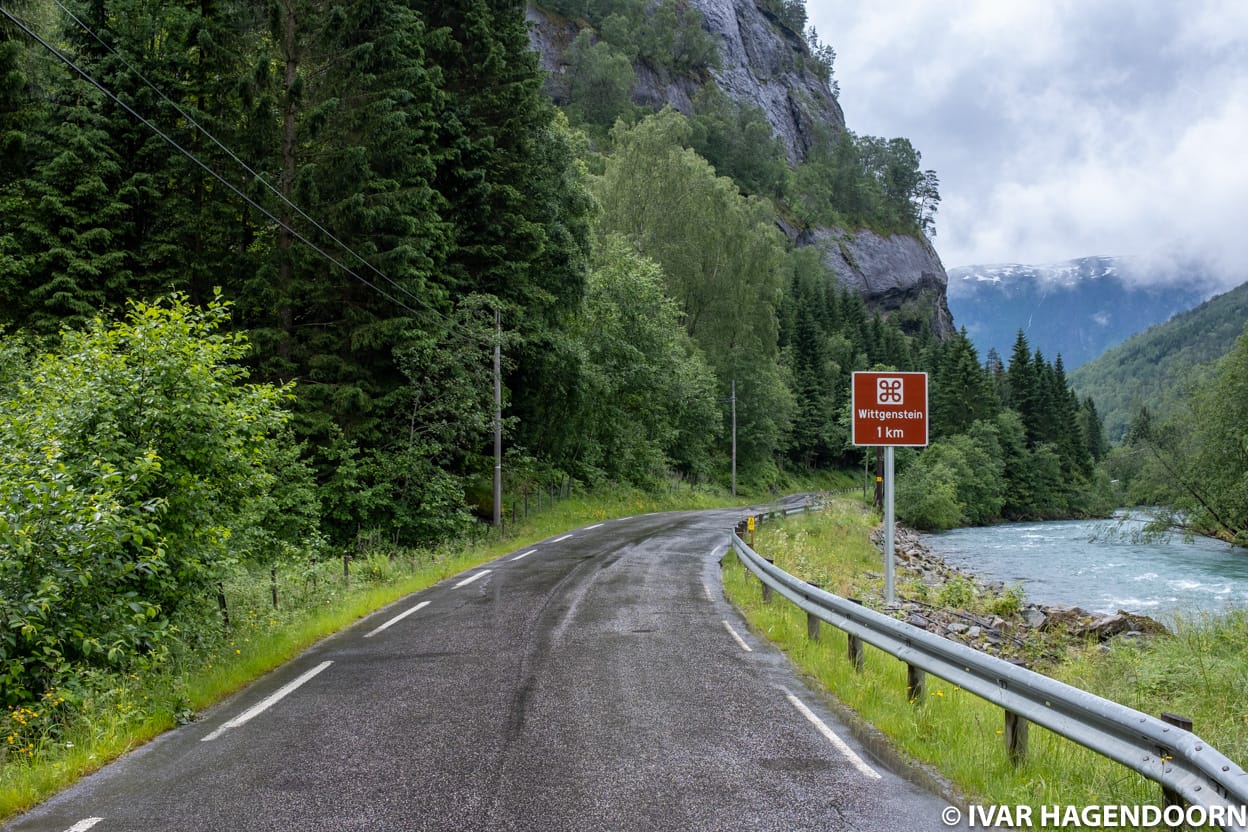
I finally read Ray Monk’s excellent Wittgenstein biography, Ludwig Wittgenstein. The Duty of Genius. It was first published in 1991, but for various reasons I had put off reading it. For one thing, as I’ve written before somewhere, when I was studying philosophy biographies were considered “not done”. It is the work that matters, not the life of a philosopher. In recent years I’ve read some outstanding biographies of philosophers and scientists, which also illuminate the work (e.g. Jürgen Kaube’s Hegels Welt and Ananyo Bhattacharya’s The Man from the Future. The Visionary Life of John von Neumann). So I thought it was about time I also read a biography of the philosopher who has had a major impact on my thinking. I'm glad I did and I now look forward to reading Steven Nadler’s Spinoza. A Life and Andrew Hodges critically acclaimed biography of Alan Turing.
Ludwig Wittgenstein was born in Vienna, Austria in 1889. His father, Karl Wittgenstein, was a wealthy industrialist. Wittgenstein famously gave away his part of his inheritance to his sisters when his father died, in 1913. He was educated at home by private tutors and went on to study engineering, first at the Technische Hochschule in Berlin and then in Manchester. It was here that he discovered the writings of the logician and mathematician Gottlob Frege. Wittgenstein visited Frege, who advised him to study with Bertrand Russell if he wanted to pursue his philosophical interests. And so Wittgenstein moved to Cambridge, where he began work on what would become the Tractatus Logico-Philosophicus (1921). That much I knew. I also knew that he fought in the First World War, that he continued working on the Tractatus during the war and that, after completing the manuscript, he abandoned philosophy, believing that he had solved all of its deepest problems. In 1929, he returned to Cambridge to resume his philosophical vocation. Soon after he began work on what would eventually culminate in the Philosophical Investigations, but which wasn't published until after his death. (Ray Monk brilliantly describes Wittgenstein's struggle to find a definite form for the Philosophical Investigations).
There is a lot in Ray Monk’s biography that I didn’t know. I didn’t know that, for years, Wittgenstein was troubled by thoughts of suicide and that this may have motivated him to seek a position at the frontlines during the war. I didn’t know either that for some time he wanted to become a manual laborer in the Soviet Union, not out of political conviction but because of the sort of life he believed people led in the Soviet Union. He even traveled to St Petersburg and Moscow looking for a job. I also didn’t know that, during the Second World War, he took on a job as a porter delivering medicines at a hospital, because he wanted to make himself useful during the war.
Indeed, Wittgenstein’s life-long preoccupation with leading a simple life and the gratification of manual labor were new to me. I think it is fair to say that Wittgenstein had a bad influence on many of the students who came under his spell and whom he tried to steer away from philosophy. The story of his friendship with Francis Skinner is particularly distressing.
I had always imagined Wittgenstein an atheist, much like Bertrand Russell, and so I was surprised to learn about his religious feelings and convictions, which also informed his life and thinking, particularly his insistence on absolute honesty and the relentless truthfulness for which he was both admired and feared. I was also surprised to learn that Wittgenstein was an avid reader of detective novels and that he loved westerns. He also enjoyed engaging in tacky wordplay with his friend Gilbert Pattison.
About a year ago I read Steven Naifeh and Gregory White Smith’s superb Vincent van Gogh biography. It struck me that Wittgenstein and Van Gogh had a lot in common. Both were difficult on others, but even more so on themselves. Both briefly taught at a primary school and were considered lunatics by the children’s parents. They both led a simple and austere life. Neither cared much for clothes or fashion. But the clothes they wore were of fine quality. And of course, whereas Wittgenstein frequently feared for his mental health, Van Gogh actually suffered several mental breakdowns.

In 2022, I visited Wittgenstein’s house in Skjolden, Norway, which has been completely rebuilt. It is in a beautiful, remote location, overlooking a lake, but even now difficult to get to, because the trail is slippery and the final stretch a bit steep. There is a rope to hold on to. The house was completed in 1914. Wittgenstein stayed there on several occasions and relished the solitude, which enabled him to think and write, unperturbed by contact with other people or social duties. In 1958, seven years after Wittgenstein’s death, the house was moved to Skjolden, where it was re-erected. In 2018, the house was moved back to its original location.
Ludwig Wittgenstein. The Duty of Genius is a joy to read, mostly, of course, because Wittgenstein is such a fascinating character. I also found it very inspiring. I know that I’ve been saying that a bit too often recently. To put it in Wittgensteinian terms, ultimately the extent to which something is inspiring shows in one’s actions. So keep an eye on this space.
Links
Logicomix: An Epic Search for Truth, the wonderful graphic novel by Apostolos Doxiadis, Christos Papadimitriou, Alecos Papadatos and Annie Di Donna also features Wittgenstein among the main protagonists.